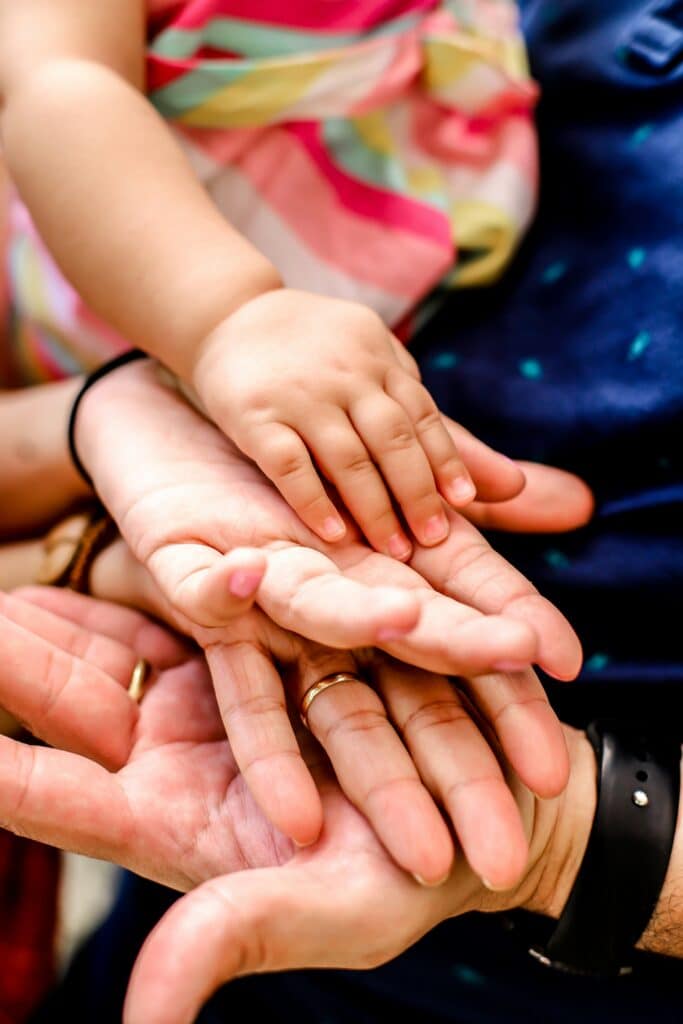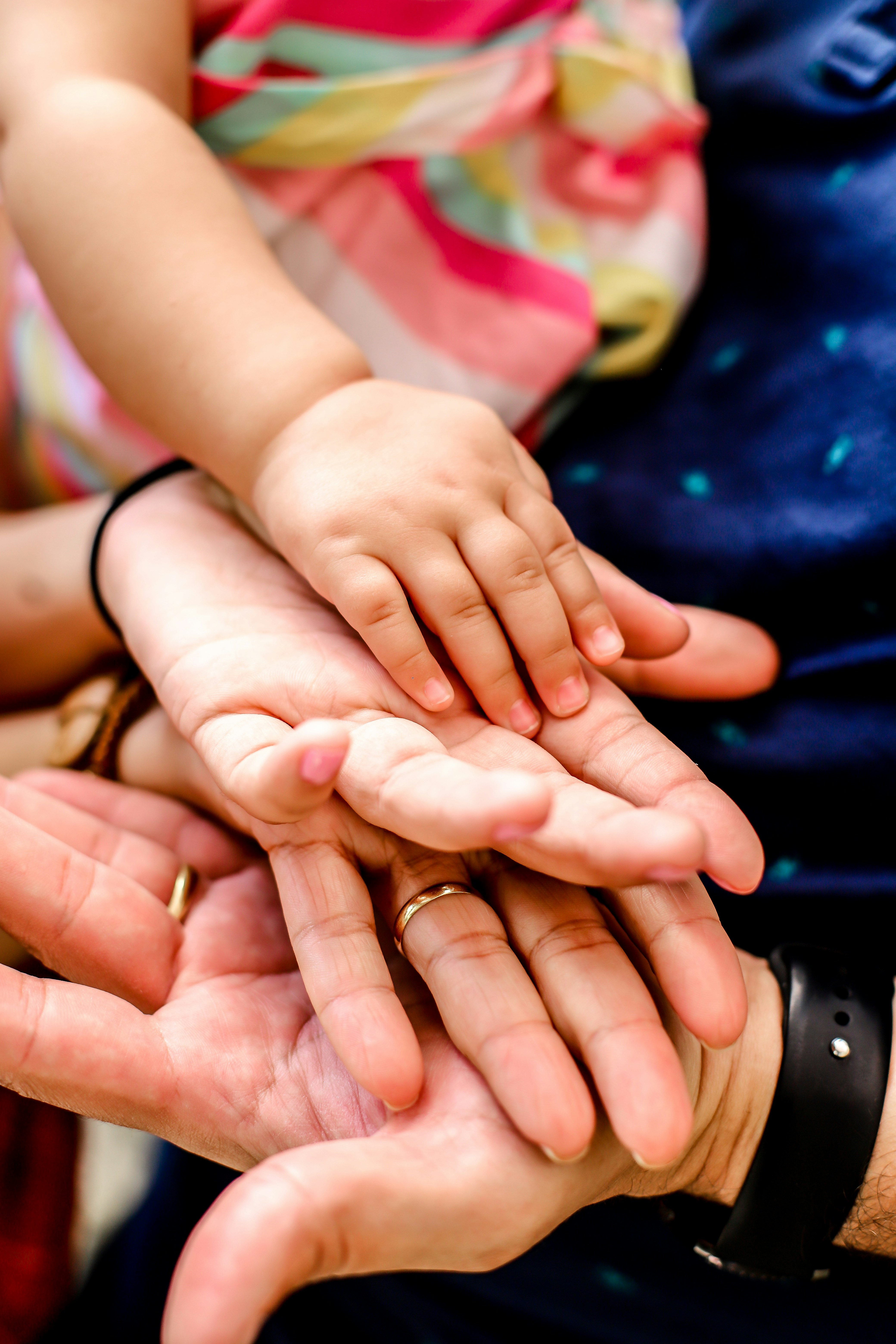From Tragedy to Restorations: Unlikely messengers, Article 6 of 10

Unlikely messengers
Article 6 of 10

By Elizabeth Lane Miller and Helene Fisher,
Gender and Religious Freedom (GRF)
This article is part of the series Pursuing Partnership: Men and Women in Ministry.
Would you trust a woman who says she’s seen a dead man? Not likely.
In Jesus’ time: No way. No normal 1st century man could trust the word of a woman, much less the word of a crazy woman who says she has seen a dead man.
So why did God choose Mary? It makes no human sense. Yet God deliberately revealed Jesus’ resurrection to her, and not Peter nor John. Any marketing person would have advised a more trustworthy spokesperson. Mary wasn’t even considered a credible witness in court at that time.
Then and now, culture easily colludes with our fears, producing distortions about human identity.
In our own churches, the way relational distortions such as Distrust creeps in can be so obvious that it becomes invisible.
When I (Helene) was in Cairo in 2012, I had the privilege of visiting the locked cave of the Church in the Rock (not the one that makes it on to television) .
What stuck with me was not so much the perseverance of the desperately persecuted church, but the striking choice of the frescoes on the rough walls. Three of the four drawings were of women in the Bible. But not women of unquestionable virtue, such as Mary, Ruth or Debora.
The frescoes depicted Eve, Delilah and Potipher’s wife. Imagine the impact of this non-verbal Bible on families gathered here each week. The visual amalgamation of Eve with notorious traitors brands all women as untrustworthy, potential hidden enemies. Wives, sisters, daughters are not an ezer kenegdo, but objects of distrust?
Whether on church walls, advertisements or floating in our cultural sayings, we have so many potential ways of pigeon-holing people into boxes of those who are trustworthy or those who should be avoided. These inflexible boxes of who to trust and who not to trust only serves to divide.
Since the Adversary’s temptation in Genesis 3, he has subtly, cunningly suggested that both God and the other human were in some way untrustworthy. That the best way in life was to go it alone. It divides our Purpose & Unity[1] and produces Distrust.
Our Iraqi friend told us a common saying from her culture:“The devil needs hours to deceive a man, but a woman only needs one hour to deceive ten devils.” When we grow up hearing such things, we can begin to believe there must be at least some truth in them, and so we unthinkingly reinforce the myth.
It’s sometimes quite painful to discover that the intense burden of layers and layers of social pressure we carry and perpetuate each day (sometimes even impossibly contradictory pressures) didn’t have to be there.
Perhaps God chose Mary Magdalene at the empty tomb for the same reason that He chose lowly shepherds at Jesus’ birth. The same reason that he revealed to the Samaritan woman – once he’d sent the disciples to do the shopping – that He was the long-awaited Messiah.
Jesus rejected the prescribed boxes – being poor, dirty, femaleor Samaritan – of who was automatically trustworthy or untrustworthy. He chose unlikely messengers again and again. And He gave people a purpose which defied what their religious society prescribed for them.
Jesus even failed to fulfill what the disciples, the Pharisees, and the crowds thought His purpose was. From John the Baptist’s disillusionment (Matthew 11:2-3), to Peter’s sword (John 18), no one understood what Jesus was doing or how He was doing it. But throughout his ministry, Jesus took a radically different approach to decision-making in ministry as He trusted the Father, and not human structures.
After his ascension, the new church embraced counter-cultural fellowship (or koinonia) in their first response to the outpouring of the Holy Spirit. Formerly a business principle for individuals of the same trade, Christians adopted this idea of guild-like connection to describe their fellowship.
As Rev. Dr. Glenn Parkinson describes it in Peter’s Principles: “Koinonia expresses the bond between everyone who has faith in Jesus, a bond that creates a spiritual family regardless of social differences or personal friendship… koinonia, or fellowship, connects every Christian whether or not they are friends or happen to like each other. This is not natural.”
The tragedy is that over time, however, the ambient cultural practices began to reassert themselves. Rev. Dr. Parkinson warns, “...koinonia gives ground in the Church to divisions of social standing, nationality, political affinity and race.” This is a sign of brokenness, not of Jesus’ work to restore deep fellowship of all believers.
Jesus did not ask us to begin to trust everyone, but to throw away the boxes we automatically put others in. He asked us to be unified in Him – to offer trust and koinonia to other believers regardless of their social status or identity markers.
Why does this matter? Distrust weakens our relational bonds. When pressures and persecution come, resilience comes from strong Christian koinonia.
Next week we will explore Scheme #3: Rejecting Responsibility and its relational dysfunction, blame, as we consider human Freedom & Limits.
With permission: Throughout this series we will draw upon the church training material available through restorationsirl.com. Elizabeth and Helene are the pioneering co-authors of Specific Religious Persecution reports published between 2018-2023 by Open Doors International’s World Watch Research.
This article is submitted by Wendy Wilson of Missio Nexus and of Women’s Development Track. Women’s Development Track is a Missio Nexus member. Member organizations can provide content to the Missio Nexus website. See how by clicking here.


Responses